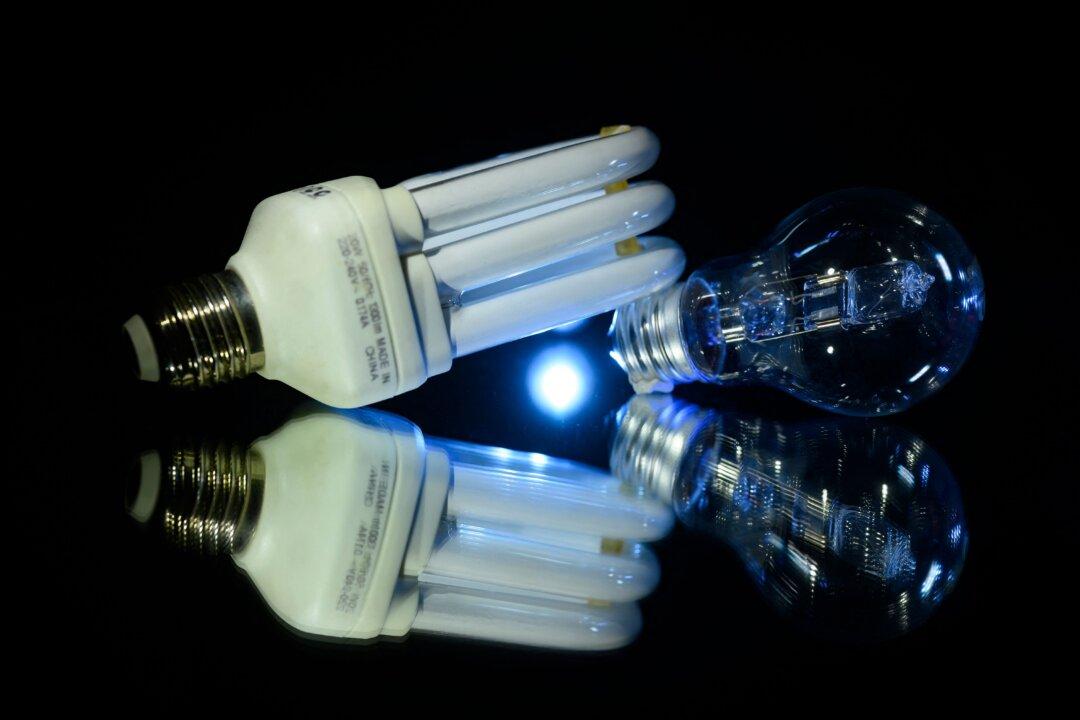The former CEO of a major government-owned energy company in Australia has called New South Wales’ (NSW) power grid a “third-world system.”
This comes after a surge in energy usage caused by high temperatures in mid-December put significant pressure on the NSW power system, prompting the state government to request its residents to turn off their home appliances between 5 p.m. and 9 p.m. to prevent blackouts.





